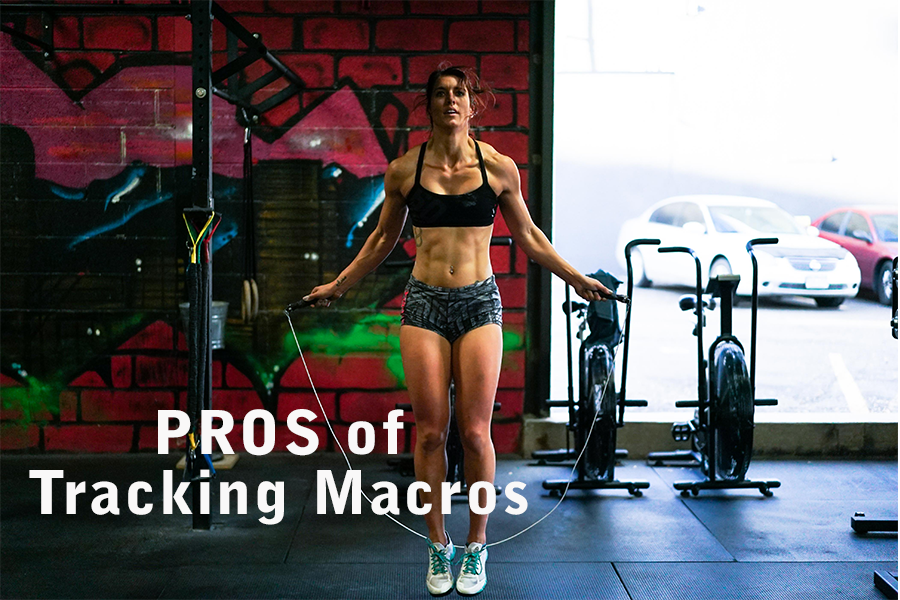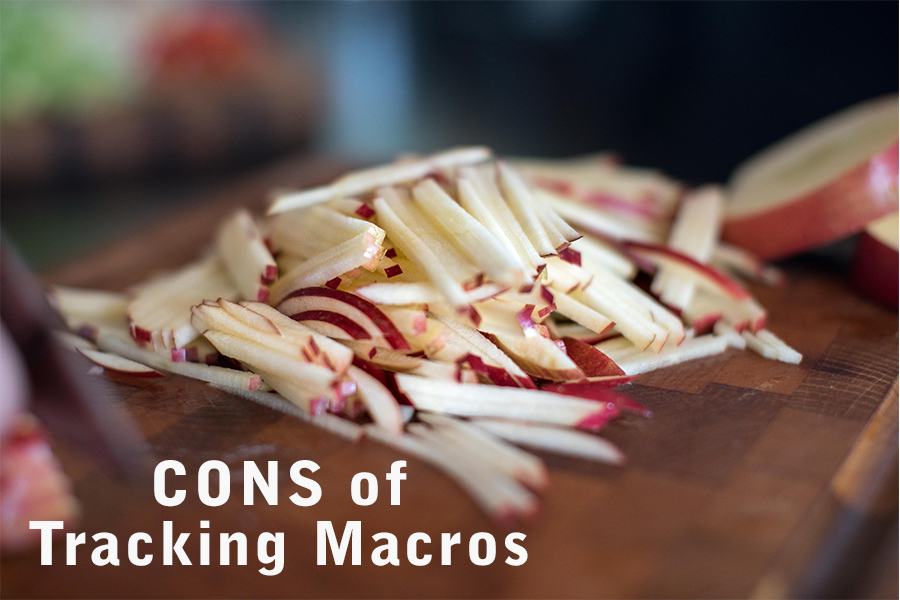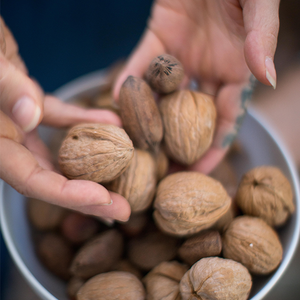Most health and fitness enthusiasts have come across the practice of macro tracking at one point or another. When embarking on diets that require certain macronutrient ratios for compliance or effectiveness (like the Zone Diet or keto), it's practically a requisite. Others might try tracking their food simply to see how many calories they are consuming throughout a day or week.
People typically enter all of the food they consume into an app, which calculates total calories as well as a macronutrient breakdown for the day. So, is it worth it? We tried it for a week, and here are the major advantages and disadvantages we experienced.

- More awareness of why & how much you’re eating: When you have to enter every single thing you eat into a tracker, it makes you stop and think before putting cream in your coffee or having a handful of almonds an hour after lunch. Do I really want this cream or is it just habit? Am I hungry for these almonds or just looking for a distraction from work? Something I learned from measuring out my coconut milk is that two tablespoons in my matcha doesn’t taste much different from four (which adds up at up at 25 calories per tablespoon).
- Can help achieve body composition goals: While general health and well-being don't have to be complicated, meeting specific weight loss and/or muscle gain goals can take some extra discipline. There's not a one-size-fits-all strategy, but having caloric and macronutrient targets can be very helpful for achieving body comp goals quickly.
- Insight into your personal constitution: You can read all of the studies out there and still feel confused about the “best” approach to take for your diet/fitness. Why? Because everyone is different – and your gender, activity, age, and history are just some of the factors that come into play when determining what makes you feel your best. Through tracking your food intake, you become aware of certain things that influence your individual dietary needs and habits. For example, you might want more food the day after a poor night of sleep or (for women) during certain times in your menstrual cycle. Rather than criticizing yourself when hunger or cravings strike, get curious about what might be behind the fluctuations.

- Time-consuming: Weighing food and entering every bite into an app can really cut into your day. When you make a recipe at home, you have to enter every ingredient and amount (which can also take away some of the art and fun of cooking). And when you spend your lunch hour in a tracking app instead of actually enjoying your food, it’s become a problem. It gets easier with time and meal prep, especially because most apps save previous foods and meals entered, but make sure you don’t compromise too much of your valuable time for the sake of perfection.
- Can trigger disordered eating: What might start as a healthy curiosity can easily turn into an unhealthy obsession. When you’re weighing and counting your food, eating out and social situations get very tricky. To avoid getting too wrapped up in the counting game, we recommend taking weekends or certain meals off completely (you’ll likely have a good handle on eyeing appropriate portion sizes by that point anyway).
- Inhibits intuitive eating: Listening to our body’s innate wisdom when choosing the amount and types of foods we need is one of the most sustainable ways to stay healthy. However, when an app is telling us that we need to eat more or less of certain foods to “succeed” for that day, it’s easy to stop listening to our body. If you feel yourself wanting a different amount of calories or specific macro at the end of the day than what your tracking app recommends, listen to your body. If it happens repeatedly, consider adjusting the targets in the app in a way to meet your needs/desires without compromising your goals.



